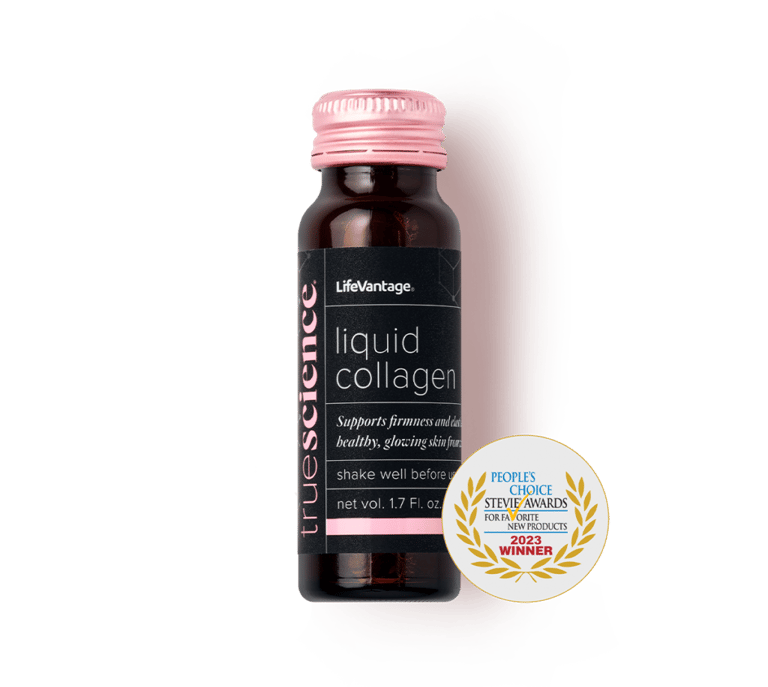Unlock a 10% discount with a no Hassle subscription
Amino Acids | Types, Benefits & Top Food Sources
GLOSSARY
J.Simeone | Biohack Health Now Author
7/17/20242 min read


Image: Amino Acids | Glossary | Blue Green Lights by Alexander Grey
Amino Acids: The Building Blocks of Proteïn
SHARE
Amino acids are essential components of our bodies, crucial for various physiological processes. They play a key role in building proteins, supporting muscle growth, and maintaining overall health. In this glossary blog post, we’ll explore what amino acids are, their importance, and how they benefit your body.
Amino acids are organic compounds that combine to form proteins, which are fundamental to almost every function in the human body. There are 20 different amino acids that join together in various sequences to create different proteins. These amino acids are categorized into essential, non-essential, and conditional amino acids.
Essential Amino Acids: These cannot be produced by the body and must be obtained from the diet. The nine essential amino acids are histidine, isoleucine, leucine, lysine, methionine, phenylalanine, threonine, tryptophan, and valine.
Non-Essential Amino Acids: These can be synthesized by the body, so they do not need to come from the diet. Examples include alanine, asparagine, aspartic acid, and glutamic acid.
Conditional Amino Acids: These are usually not essential except in times of illness and stress. Examples include arginine, cysteine, glutamine, tyrosine, glycine, proline, and serine.
Muscle Growth and Repair: Amino acids are crucial for muscle protein synthesis, which is vital for muscle growth and repair after exercise.
Enzyme Production: They play a role in the production of enzymes that facilitate biochemical reactions in the body.
Immune Function: Amino acids support the immune system by aiding in the production of antibodies.
Hormone Regulation: They help in the synthesis of hormones that regulate various bodily functions.
Neurotransmitter Function: Amino acids are precursors to neurotransmitters, which are vital for brain function and mood regulation.
How to ensure adequate Amino Acid Intake:
Balanced Diet: Incorporate a mix of animal and plant-based protein sources.
Supplements: Consider amino acid supplements if dietary intake is insufficient, especially for athletes or those with specific health conditions.
Complete Proteins: Opt for complete protein sources that contain all essential amino acids, such as eggs, dairy, and quinoa.
Conclusion
Amino acids are fundamental to our health and well-being, playing a critical role in muscle growth, enzyme production, immune function, and more. By understanding what amino acids are and how they benefit your body, you can make informed choices about your diet and supplementation to support overall health.
Enhance your health and beauty routine with TrueScience Liquid Collagen, a premium supplement that supports your body's natural collagen protein production, essential for optimal wellness.
Introduction
What are Amino Acids? Defenition:
Types of Amino Acids:
Benefits of Amino Acids:
Food Sources of Amino Acids:
To ensure you get all essential amino acids, it's important to consume a variety of protein-rich foods:
Animal Sources: Meat, poultry, fish, eggs, and dairy products.
Plant Sources: Beans, lentils, tofu, quinoa, nuts, seeds, and certain grains.
Providing the Best Biohacking Supplements in Health & Beauty |
Adress
1317 Edgewater Dr #33276
Orlando, FL 32804
Contact
info@biohackhealthnow.com
Policies
Regenetics © 2024. All rights reserved.
Useful links
Disclaimer: * These statements have not been evaluated by the Food and Drug Administration. These products are not intended to diagnose, treat, cure or prevent any disease. Always consult with a qualified healthcare professional prior to beginning any diet or exercise program or taking any dietary supplement. The content on our website is for informational and educational purposes only and is not intended as medical advice or to replace a relationship with a qualified healthcare professional.
Resources




